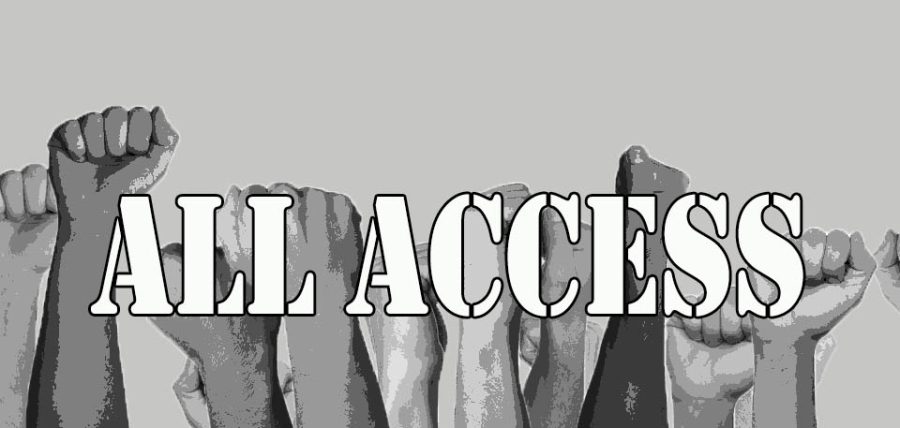Political themes seep into music industry
From Billie Holiday’s “Strange Fruit” to Green Day’s “American Idiot,” music has been used to express political discomfort.
Originally an anthem for the anti-lynching movement and further adapted to represent oppression during the civil rights movement, “Strange Fruit” is just one example of a protest song fueled by discrimination in the 1930s. Green Day’s 2004 “American Idiot” album features a song by the same name and “Holiday,” which heavily criticized the Bush administration’s involvement in war.
In between the iconic politically-charged representations in music, there were others, such as Woody Guthrie’s “This Land Is Your Land,” Creedence Clearwater Revival’s “Fortunate Son,” Marvin Gaye’s “What’s Going On,” Public Enemy’s “Fight the Power,” nearly every Bad Religion and Rage Against the Machine album, and now most notably the “To Pimp a Butterfly” album by Kendrick Lamar.
These politically-charged songs come from anger and soul. There’s a feeling of resistance that sparks within the creator, and the skill of creative ability allows them to share their feelings with the world to bring awareness.
The entertainment industry has an incredibly large influence on the way people think. The media is heavily molded to fit the ideals of the higher-ups, so what better way to spread awareness than music – not only a universal tool used to communicate around the world, but a tool that can be difficult to control?
The recent election has kept the flame of resistance going, even spreading it within the entertainment industry. Artist and celebrities are more vocal now than ever about their dislike of the new administration. Could this spark another strong era of politically charged music, and will those who have stayed neutral in the past speak up?
Looking back at all the music produced, the majority of these songs come from the R&B, hip-hop, rap and rock subgenres. These genres are pushing boundaries with thought-provoking songs.
Pop artists have used their platform to voice their concerns about equal rights and social injustice, but very few of them incorporated it into their songs.
In 2012, Taylor Swift told Times magazine, “I follow [the election], and I try to keep myself as educated and informed as possible. But I don’t talk about politics because it might influence other people. And I don’t think that I know enough in life to be telling people to vote for.”
It’s understandable to keep politics separated from professions, but music is an art form. Art has always been used to break boundaries. Music itself is the easiest way to reach an audience, especially with someone like Swift’s reputation.
Even artists across seas have been giving their input on the U.S. government. The decisions of the country may or may not directly affect them, but if they are willing to get risky with their music, then why can’t some of our own major pop stars put a halt on singing about love stories and make something with depth?
I’m not saying Swift and artist alike should be singing about protesting the government, but many of them have been outspoken about different things in society. It only makes sense to put those thoughts into words of a song. They can use the platform they have and really push to make difference if they really believe in what they preach.
Only time will tell what will happen with the music industry the next four years. Will it produce songs stronger than ever, or will it flatline and stay limited to the voices that have been fighting since the beginning?

